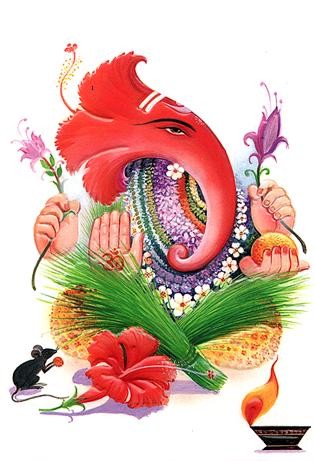(Warangal) బతుకమ్మ : Festival of Mother Goddess
Gollapudi Srinivasa Rao
| Songs sung by women during the Bathukamma festival are essentially an appeal to goddess Gauri to come back to the earth |
WARANGAL: As the clock ticks away heralding the sunset, the lanes and bylanes of Hanamkonda, Kazipet and Warangal brighten up. Women - young and old - in their best attire head to the nearby temples or street corners to celebrate Bathukamma.
Women and children carry plates arranged with flowers of different colours and species in a cone shape. They vie with one another in arranging the flowers as high as possible. Though the evening rituals last for an hour, the women wake up early and prompt their children to collect as many flowers as possible from the neighbourhood. All the flowers available during the season - cassia (thangedu), Luffa (Beera), celosia (gunugu), nelumbo (thamara), cucurbita (gummadi), marigold (banthi), crossandra (kanakambaram), ixora (ramabhanam), hibiscus (nithya malli) and so on are collected and splendidly arranged in an enticing fashion. They are named `Gauri' and adored as a goddess.
Folk tunes
Women mostly gather at the Thousand Pillar temple, Bhadrakali temple, Padmakshi temple in Hanamkonda and some of them look for spacious street corners in their respective localities. They form a circle and place their flowers in the middle. They go round clapping and dancing rhythmically. All songs carry the essence - `long live mother' - urging the goddess to take birth. These moments last for nine days during the Durga Navaratri celebrations preceding Dasara.
Legend has it that king Daksha performed a `yagna' and invited all but his youngest daughter, Gauri, who married Lord Siva against his will. However, Gauri turns up at the place and is insulted along with her husband. Gauri then kills herself. Wishing to bring her back to life, women present there make an image with turmeric paste and worship her urging her to come back to life.
Courtesy: The Hindu



0 Comments:
Post a Comment
<< Home